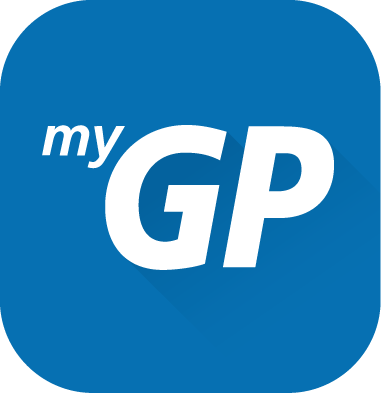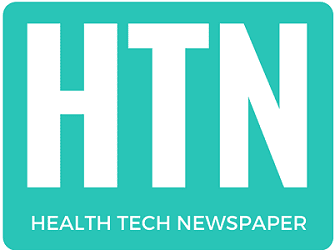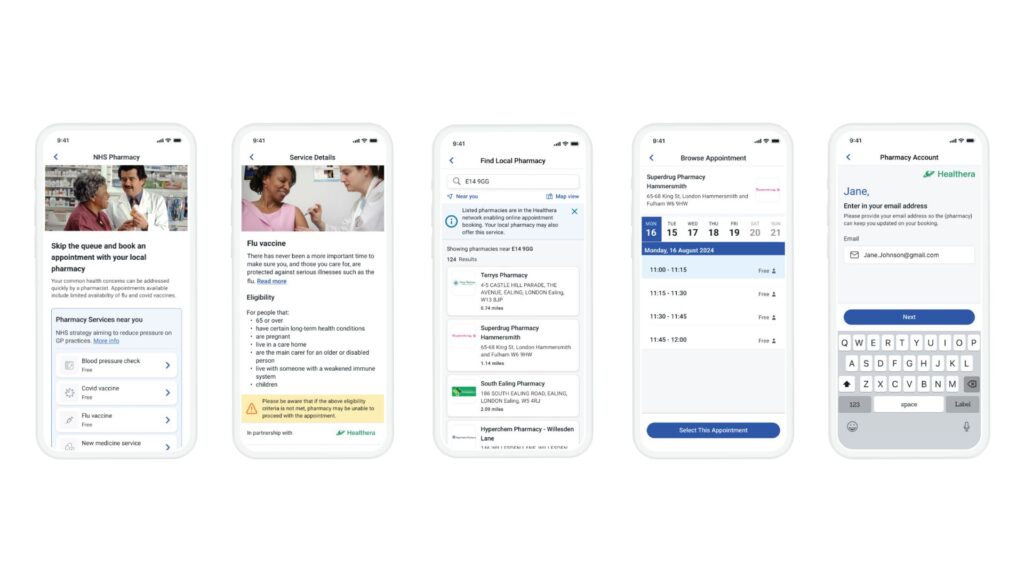iPLATO Healthcare has been awarded a contract by The Small Business Research Initiative for Healthcare (SBRI Healthcare) to develop and trial ‘Intelligent Care Navigation’, to improve access to care for patients and help the NHS manage demand for primary care services. The trial will include a small number of practices and take place from June to August.
In partnership with GP practices, this new approach will provide patients with personalised, localised and quality assured information to help some of them receive appropriate care faster than waiting for their scheduled GP appointment. Research suggests that only 1 in 3 people visiting a GP practice should be seen by a doctor and half of patients currently being seen by GPs could be seen by another member of the clinical team. Today, around 7,700 GP practices are managing a staggering 372 million appointments according to NHS England figures. Switching some of these GP appointments to appropriate interventions by other healthcare professionals can save the NHS millions.
Available to patients who book their appointment on myGP™, the trial service will capture patient reasons for booking an appointment and, where relevant and safe, signpost them to suitable alternatives to traditional face-to-face consultations with a GP.
SBRI awarded the investment to digital health specialist iPLATO based on their successful launch of the new smartphone app, myGP™ last year. The iPLATO platform now has 15 million NHS patients connected spanning over 1,650 GP practices across the UK, helping to speed up access to care and uptake of national screening programmes for patients, loved ones and their carers.
Tobias Alpsten, CEO, iPLATO comments; “We are all incredibly excited about the investment from SBRI, allowing us to introduce a smarter and seamless process to care navigation. Transforming access to primary care offers obvious advantages to patients and their carers, but it also benefits commissioners and tax payers by reducing pressure on the healthcare system. We believe an intuitive and robust approach to empowering the patient through quality information and alternative pathways can make a real difference in improving access to healthcare, ensuring patients are seen promptly by the most appropriate healthcare professional as well as supporting those living with long-term health conditions.”








